
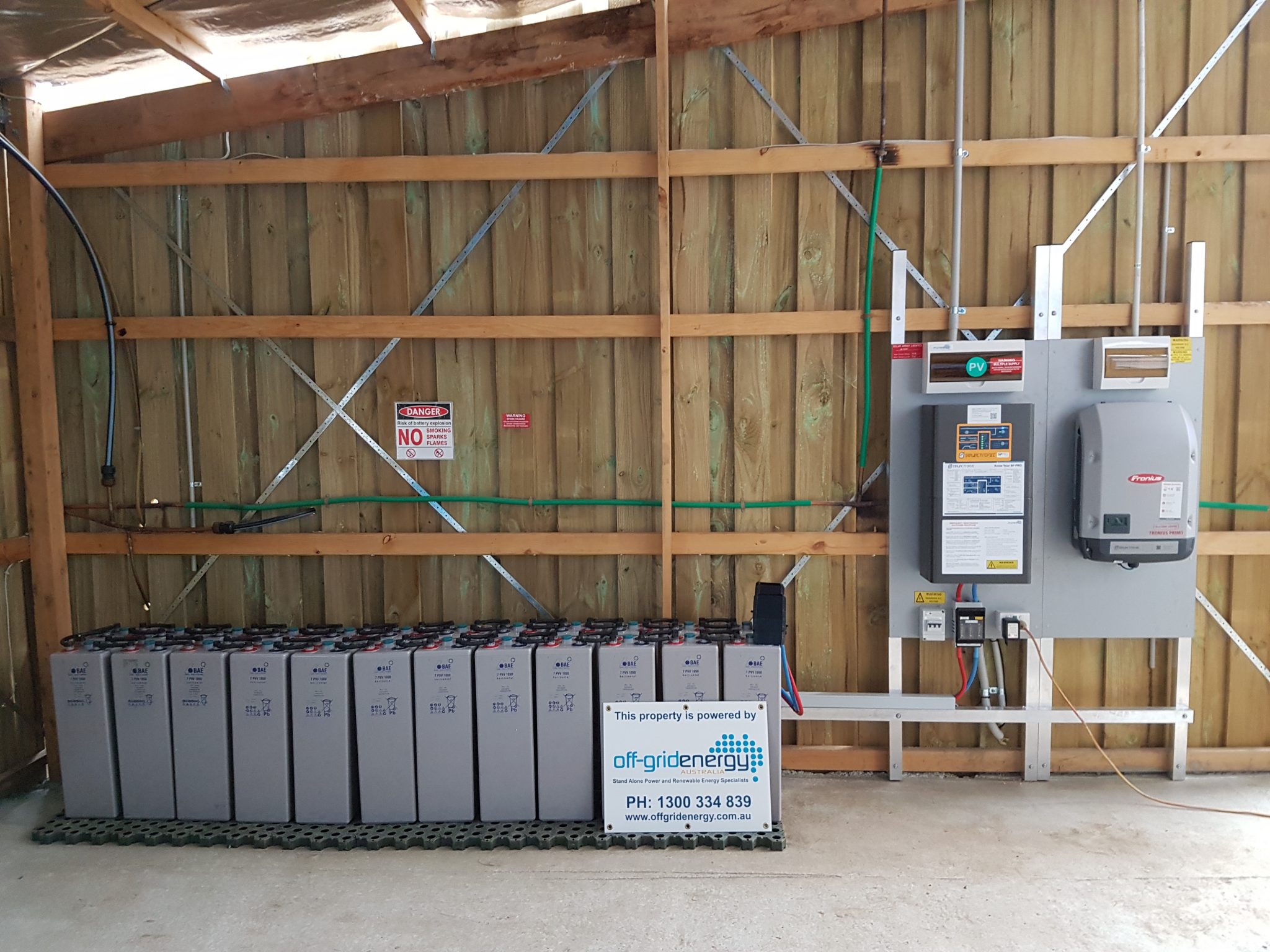
With energy prices on the rise and blackouts becoming more common, the idea of being independent and free from utility companies is an attractive one.
But what does it really mean to ‘go off-grid’ and what are the advantages of going off-grid compared to staying grid- connected?
“Go off-grid” – what it means
Also referred to as “stand-alone power systems’ (SAPS), or remote area power systems’ (RAPS); off-grid power systems are independent power stations capable of powering a wide range of applications with reliable electricity.
So if you are considering converting to an off-grid power system, here are some of the benefits.
Perhaps the most obvious benefit of off-grid living is that you will gain total energy independence.
With the unpredictability and increase of energy prices in recent times, even if you are careful with your energy use, you may still be receiving high electricity bills. This is where off-grid systems come into play. Having an off-grid power system means you won’t need to pay fixed connection costs to the big utility companies or have ongoing power bills, and you can achieve 100% independence from electricity retailers – future proofing your home from rising energy costs.
In addition, if you live in a rural area connecting to the grid can be extremely costly, and the hurdles you may have to jump over can be frustrating.
Comparing the economics of going off-grid vs staying grid-connected can be difficult, with the cost of solar and batteries decreasing, while grid power prices are increasing.
If we were to use an example of a grid connected house using 5kWh per day, on average they will be paying about $511 per year for electricity – plus supply charges. An off-grid system sized for 5kWh/day can cost around $30,000. So if you are looking at going off grid only for financial reasons, then it’s probably not the right choice for you. A better option would be to stay connected to the grid, and installing battery storage to make the most of your solar
So when you compare the two systems side by side, it appears that taking a grid connected house off grid is not very financially advantageous.
One of the biggest advantages of being off the grid is that you are completely energy independent from rising electricity bills by locking in your power costs for the next decade at least. For those who are facing a costly network connection and/or those concerned about the unpredictability of energy prices, then going off grid might be the best choice for you.
When you are connected to the grid and there is a power failure or blackout, there is literally nothing you can do about it, except wait until power is restored. With an off-grid system, you generate and store your own energy and so you are in control of your own system, so in the event that something was to go wrong, you will be able to fix it rather than relying on the network technicians.
Solar and battery storage adds value to your property and is likely to make it easier to sell. 85% of Australians agree, and a number of studies also support this.
We all know that solar energy, being a renewable energy, is cleaner than using fossil fuels.
A common comment and reason why many of our clients go off-grid, is that there is something satisfying about knowing that the energy you are producing is clean and renewable, rather than using grid power that is sourced from non-renewable sources.
–
Overall, going off-grid has many great advantages and benefits. From saving you money to helping the environment. So, whether you’re just looking for a greener solution or want to cut the cord from the utility companies, off-grid systems are a great option.


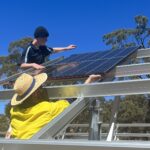

Many of today’s off-grid homes are just as comfortable and feature-packed as their mains-powered counterparts.
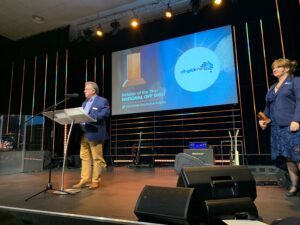
We are honoured to have received the Selectronic Australia National Off Grid Retailer of the Year Award for 2022!
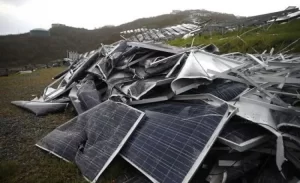
Australia now has the world’s highest solar capacity per person, and a new panel is installed every 44 seconds, so what’s happening to old solar panels?
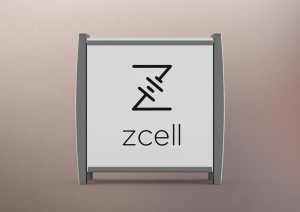
Falling prices aren’t the only reason you should install solar, here’s the top 8 benefits of installing the ZCell battery storage system in your home
Electrical Contractor Licenses: VIC REC-31913, TAS 15608294, WA EC15901, SA PGE278927, NSW 279181C
We acknowledge the Traditional Owners of Country throughout Australia and recognise their continuing connection to land, waters and culture. We would like to specifically acknowledge the Kaurna, Wathaurong, Wonnarua, Wiradjuri and Boonwurrung people. We pay our respects to their Elders past, present and emerging.